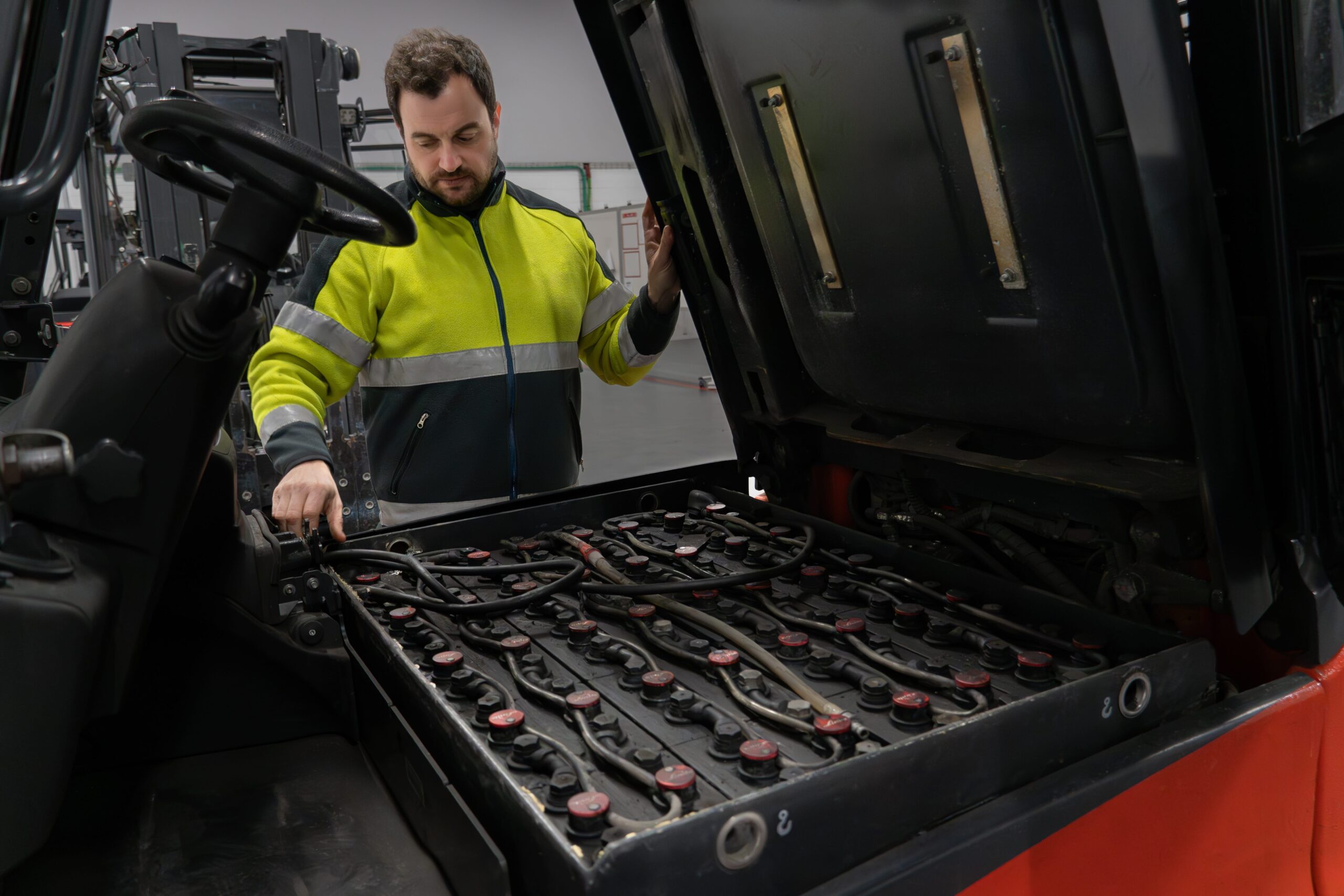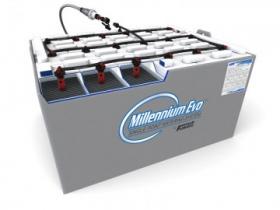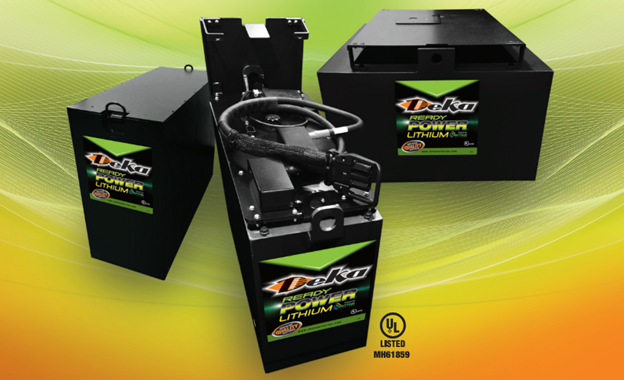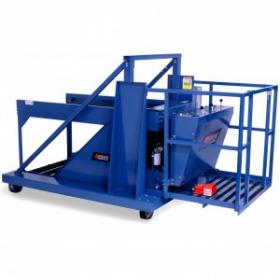Warehouses, manufacturers, retail facilities and other industries that utilize industrial equipment like forklifts and pallet jacks depend on high-quality batteries that last. These batteries are designed to handle heavy workloads, yet many businesses find they don’t last as long as expected.
When batteries don’t perform well, your facility loses productivity and valuable time.
Understanding why this happens can help extend battery life and reduce costly replacements. Here are some key reasons industrial batteries wear out faster than anticipated and what you can do about it.
1. Improper Charging Practices
One of the biggest culprits behind premature battery failure is improper charging habits. Industrial batteries, especially lead-acid ones, require full charge cycles to maintain optimal health. Frequent partial charging can lead to sulfation, which reduces the battery’s capacity over time.
Best Practice:
Follow the manufacturer’s recommended charging schedule and ensure batteries are charged fully before use. Avoid interrupting the charge cycle whenever possible.
2. Over-Discharging
Running a battery down to zero charge repeatedly can cause severe damage. Most industrial batteries are designed to be discharged to about 20-30% before recharging. Deep discharges increase the risk of sulfation and internal damage, shortening the battery’s lifespan.
Best Practice:
Recharge batteries when they reach around 30% capacity to prevent excessive wear and tear.
3. Lack of Proper Maintenance
Neglecting routine battery maintenance accelerates deterioration. For lead-acid batteries, failing to check and refill water levels leads to dry cells, overheating, and internal plate damage.
Best Practice:
Schedule regular battery maintenance, including checking water levels, cleaning terminals, and inspecting for corrosion.
4. Extreme Temperatures
Both excessive heat and cold can negatively impact battery performance. High temperatures cause batteries to overheat and degrade faster, while freezing temperatures can reduce capacity and slow down chemical reactions.
Best Practice:
Store and charge batteries in temperature-controlled environments whenever possible.
5. Using the Wrong Battery for the Application
Not all industrial batteries are created equal. Using a battery that doesn’t match the power demands of the equipment can result in overloading, excessive cycling, and faster wear.
Best Practice:
Ensure you’re using the correct battery type and capacity for your equipment’s power needs.
6. Mechanical Damage and Improper Handling
Rough handling, dropping, or improper installation can cause physical damage to the battery casing and internal components, leading to leaks and premature failure.
Best Practice:
Train employees on proper battery handling and storage techniques to avoid unnecessary damage.
7. Purchasing Low-Quality Brand Batteries
Cheaper, low-quality batteries often use inferior materials and manufacturing processes, resulting in shorter lifespans and poor performance. Investing in reputable battery brands can make a significant difference in longevity and efficiency.
Best Practice:
Choose batteries from trusted manufacturers with a proven track record for reliability and durability.
Improving Future Performance
Industrial batteries are a significant investment, and ensuring their longevity requires proper care and usage. By following best practices businesses can maximize battery lifespan and minimize costly replacements. Investing in employee training and maintenance schedules can go a long way in preserving battery performance and reducing downtime.
If you’re experiencing frequent battery failures, it may be time to reassess your battery management strategy and battery selection.
At Beal Industrial, we can help you find high-performing industrial batteries and provide preventive battery maintenance to ensure your batteries are performing optimally.





